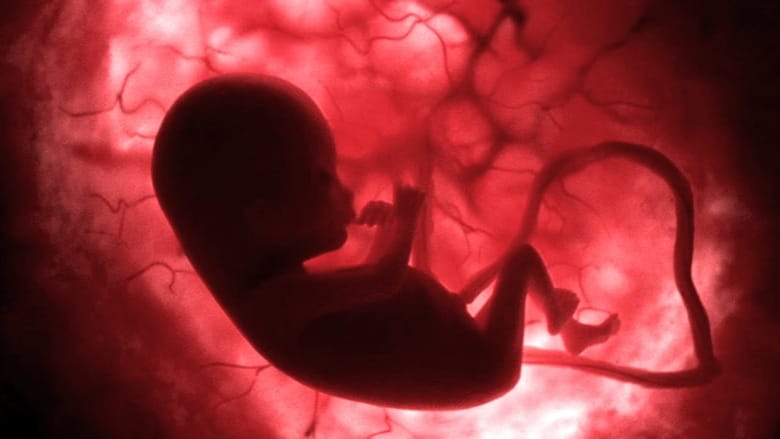In The Womb
Genres
Documentary
OverView
In The Womb is a 2005 National Geographic Channel documentary that focus on studying and showing the development of the embryo in the uterus. The show makes extensive use of Computer-generated imagery to recreate the real stages of the process.
Others
Budget
$--
Revenue
$--
Status
Released
Original Language
English
Runtime
120 mins
Rating
7/10
Release Date
01 January 2005
Country

